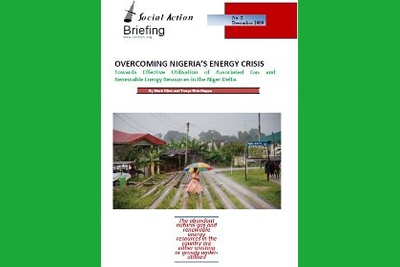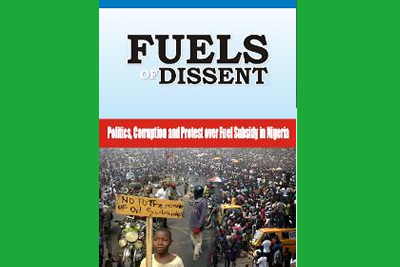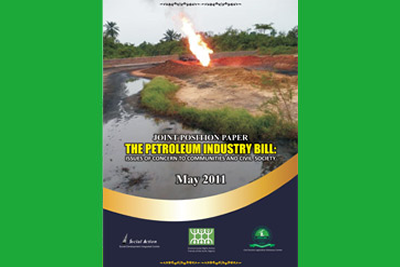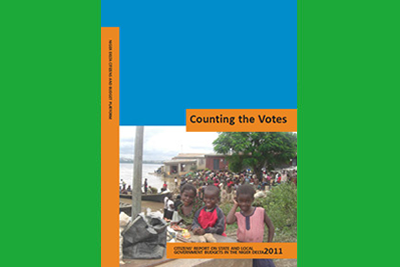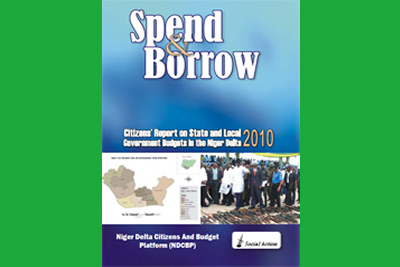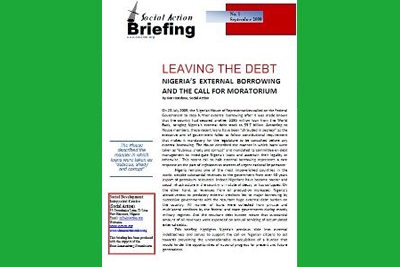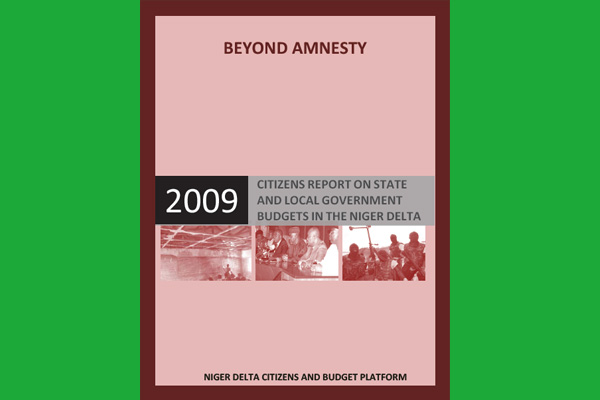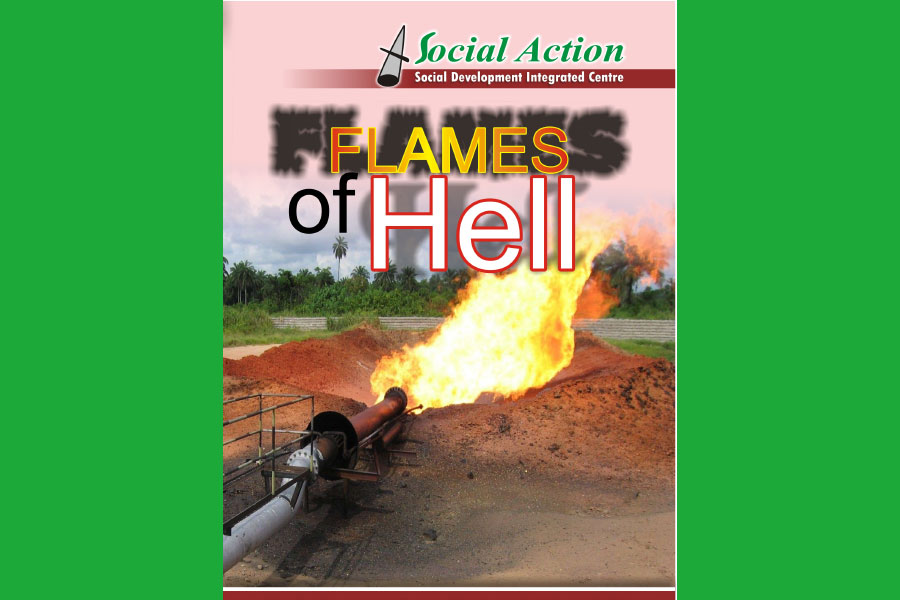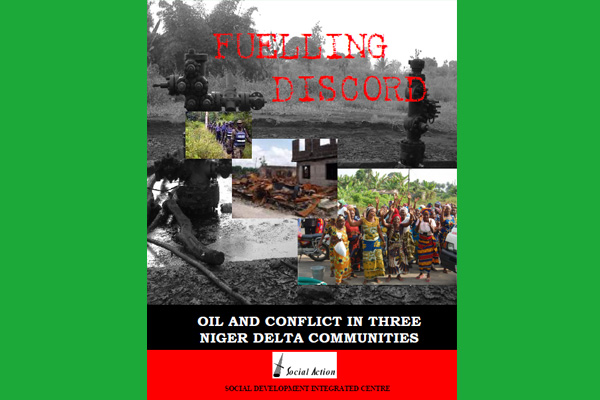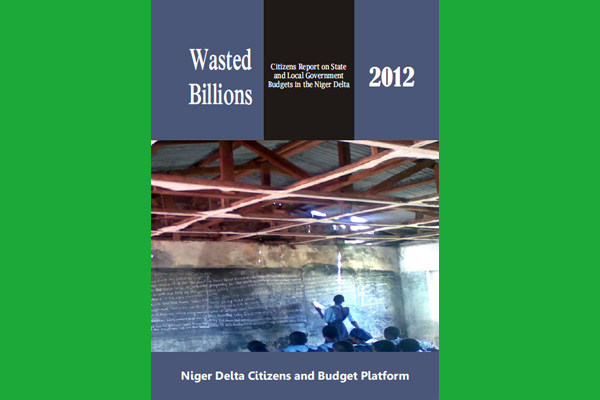
2012 was a rehearse of routines that have defined Nigeria’s oil wealth for decades: huge crude earnings averaging $86 billion according to the Organization of Petroleum Exporting Countries (OPEC), dismal response to the nation’s needs through poor budgetary allocations and the lining of a few pockets with public funds.
This study spotlights the performance of five Niger Delta states of Akwa Ibom, Bayelsa, Delta, Edo and Rivers in the management of revenues and expenditures in the year 2012. The study is based on months of field evaluation of performance, budget reviews and interviews with local residents and relevant officials. Besides analyzing the budget parameters across the five states, the study appraised the implementation of randomly selected projects as related to three key sectors of Education, Health and Food Sufficiency (including Agriculture). The goal, amongst other things, is to enhance understanding of how and why the earnings by states in this strategic region contributed to or detracted from the goal of sustainable development. Read Full Report

